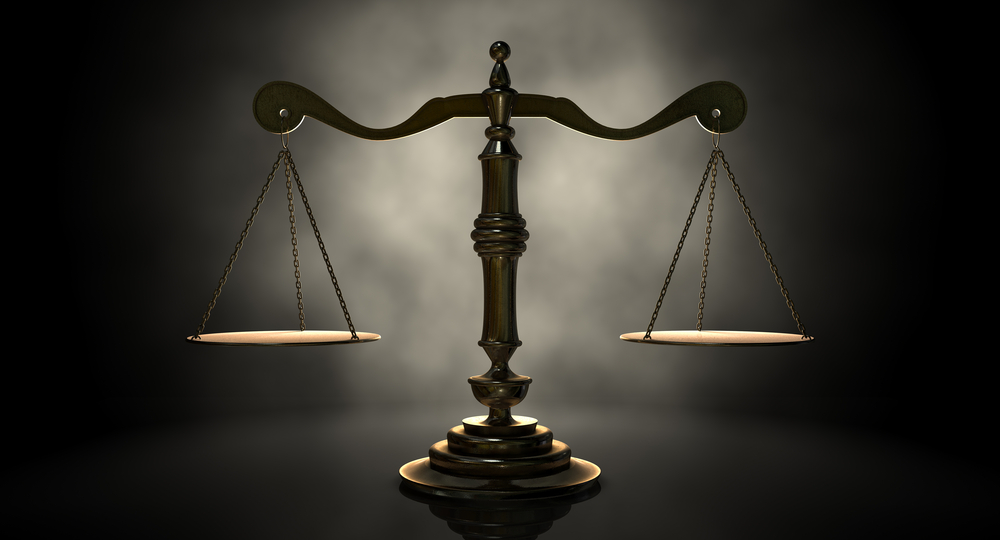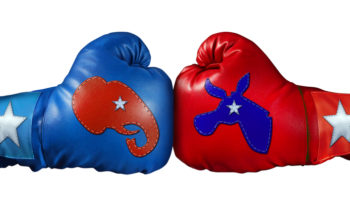In our last piece, we discussed what sorts of decisions a conservative-leaning Supreme Court could make. Since publication, a lot has happened politically – more than we want to go into here. At the moment, however, it looks very likely that Judge Amy Coney Barrett will become Justice Amy Coney Barrett.
With that in mind, here are some additional situations that could arise.
COVID-19 Measures
Unless you’ve been hiding out under a rock, you know that the president himself was diagnosed with COVID-19 last week. He even spent some time at the hospital. While he’s thankfully on the road to recovery, his brush with the illness was a stark reminder that it can infect anyone, even the most powerful man in the world.
You’ve no doubt heard about the measure individual states and cities have taken in an effort to mitigate the outbreak. This has created a new legal battleground as states and cities go head-to-head to either step up efforts or shut them down. So far, “justices have split, with Democratic-appointed justices voting to uphold government-imposed measures intended to mitigate America’s coronavirus epidemic and Republican-appointed justices voting against them.”
It should be noted that Roberts has voted to uphold “policy decisions of government officials” no matter which way they swing. A more conservative court might well slap aside any efforts to mitigate the virus through crowd control tactics.
Speaking of crowd control, many states and cities have attempted to curb religious gatherings (churches, temples, and so on) as part of their overall mitigation efforts. Please note these authorities have usually banned all gatherings over a certain number of people; religion has certainly not been singled out.
But churches in CA and NV have challenged health orders that are imposing on their right to gather for religious services. The Supreme Court upheld these measures while Ruth Bader Ginsburg was alive, with Roberts joining the liberal justices in a 5-4 decision straight along liberal/conservative lines. A more conservative court could very well tip the decision in the other direction.
Conservative Supreme Court In a Nutshell
While the COVID-19 issues were the focal point of today’s article, there are several additional issues that could land on the Supreme Court’s lap within the next couple of years. A conservative justice would impact, well, all of these.
Affirmative Action Laws
According to the Boston Globe, Chief Justice Roberts is “vigorously against” affirmative action. A recent example of how closely these cases have run can be found in 2016, where the court permitted the University of Texas to continue to use race in its admissions process. It was a narrow victory (4-3) and a conservative justice could easily flip such a decision.
Campaign Finance Laws
We wouldn’t be in election season without a squabble about campaign finance. Where can candidates get their money? How much can they get? Liberals very badly want to impose monetary restrictions on elections. The Supreme Court is already quite conservative on this topic; the Citizens United decision lumped “independent expenditures” of all sorts under the protection of free speech.
Gun Laws
Gun rights and the Second Amendment have increasingly been fought over during the last few years. John Roberts pops up again here; according to this research from CNN, the other conservative justices on the court have denied hearing Second Amendment- and gun right-related cases because they don’t believe they can count on him to side with the “conservative” view (which seems to be “Guns For All!”).
A more conservative court, which doesn’t need to worry about Roberts “siding with the liberals,” could easily hear gun-related cases and strike down certain restrictions.
Law Enforcement Rights
First off: What do we consider “law enforcement rights”? We’re talking police shootings and unreasonable searches and seizures, as well as excessive force. A case is already on the docket. It is quite possible a more conservative court will back police officers rather than the citizens they are supposed to protect.
Death Penalty
Finally, a more conservative court is likelier to uphold a state’s right to use the death penalty.
We aren’t done quite yet – yes, there’s a part three in the works – and to be honest, we could probably have several posts focusing on the changes a conservative-leaning court could effect. We’ll also be watching the confirmation hearings for Judge Barrett closely in hopes of learning more about how she might rule.
For now, stay safe, and stay informed.



